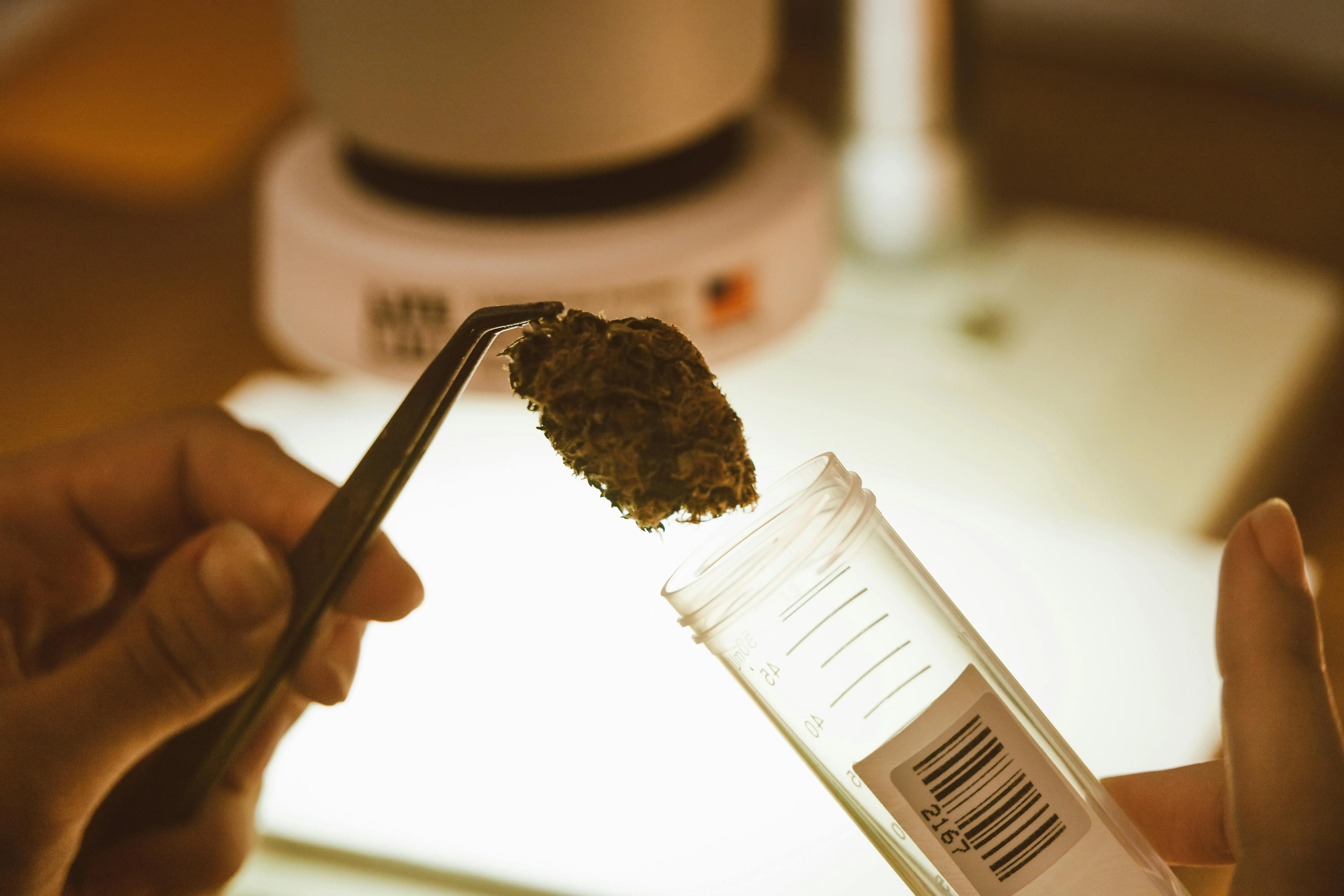Unraveling the Green Mystery: Navigating the 18-Year-Old’s Guide to Cannabis Purchasing
In the bustling world of cannabis, a question as green and vibrant as the plant itself has sparked debates among policy makers, parents, and young adults alike. The age-old question, or rather, the 18-year-old question: At what age should one be able to legally purchase cannabis?
Cannabis, once a taboo subject, is now a thriving industry, with new states across the U.S. embracing its legalization for both medical and recreational use. However, as we celebrate the green revolution, a critical issue arises: setting the minimum age for purchase. This article will take a friendly, informative journey through this complex topic, exploring its nuances and potential impacts.
Firstly, let’s delve into the current landscape. In states where cannabis is legal for recreational use, the minimum purchasing age varies. For instance, in California, Colorado, and Alaska, it’s 21, while in Washington D.C., Michigan, and Vermont, it’s 18. Interestingly, these differences reflect a broader societal debate about the maturity level required to make informed decisions regarding cannabis consumption.
The argument for keeping the minimum age at 18 stems from the belief that at this age, individuals are considered adults under the law and can make their own decisions. Proponents of this view argue that if a person is old enough to vote, join the military, or get married, they should be able to decide whether to consume cannabis responsibly.
On the flip side, advocates for raising the minimum age point to research suggesting that the adolescent brain continues to develop until the mid-20s. They argue that exposure to cannabis during this critical developmental stage could have harmful effects on cognitive function and mental health. Furthermore, they worry about potential access issues, as minors may turn to illegal sources if they cannot obtain cannabis legally.
A middle ground is proposed by some experts: implementing a tiered system where 18-year-olds can purchase cannabis for medical purposes but not recreational use. This approach recognizes the potential benefits of cannabis for managing certain health conditions while mitigating risks associated with recreational consumption among adolescents.
So, what does the data say? A study published in JAMA Psychiatry found that among young adults aged 18 to 20 years old, those who started using cannabis regularly before age 17 showed greater decline in IQ scores than those who began using after age 17. However, other studies have suggested that the impact of cannabis on cognitive development may be less severe for adult users.
As we weigh these perspectives, it’s essential to remember that the legal landscape is continually evolving. Each state and jurisdiction will likely approach this issue differently, taking into account local attitudes, demographics, and research findings. What’s crucial is that we continue to engage in open dialogue, keeping the best interests of public health and safety at heart.
For young adults navigating this green frontier, here are some key takeaways:
1. Understand your state’s laws regarding cannabis use and purchase.
2. Recognize the potential risks associated with early use, especially for those under 18.
3. Make informed decisions about cannabis consumption and consider the long-term impacts on your health and wellbeing.
4. Engage in open dialogue with parents, educators, and policymakers to contribute to the ongoing conversation around cannabis laws.
5. Stay informed by seeking reliable sources of information, such as reputable news outlets and scientific studies.
As we continue to explore the world of cannabis, let’s remember that this plant offers benefits for many, but responsible use is key to ensuring its continued accessibility and positive impact on society. Whether you’re an 18-year-old curious about cannabis or a seasoned user, it’s essential to approach this topic with knowledge, respect, and a commitment to personal wellbeing.